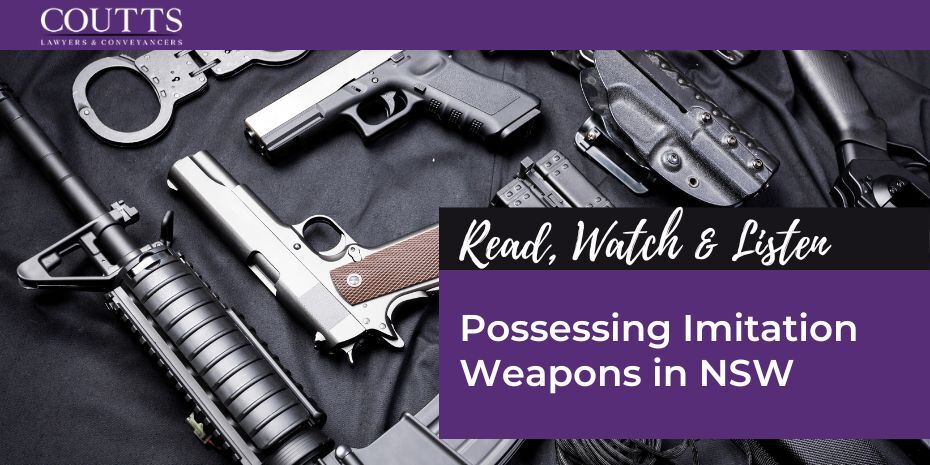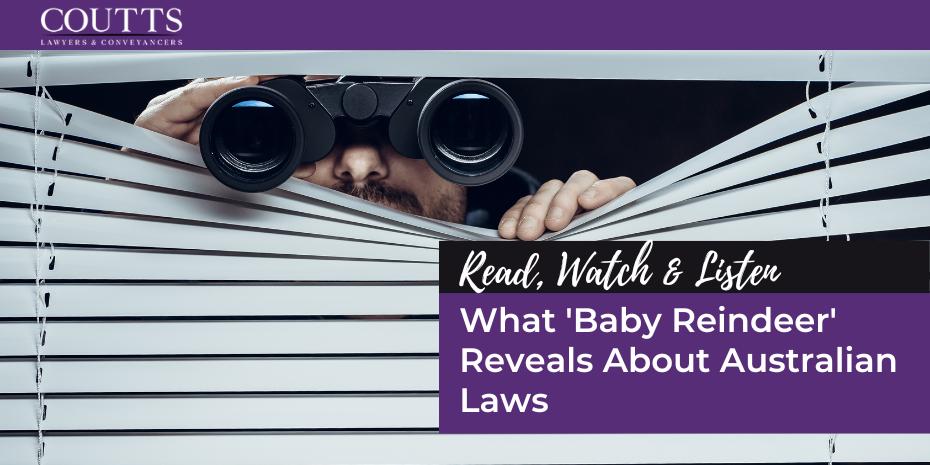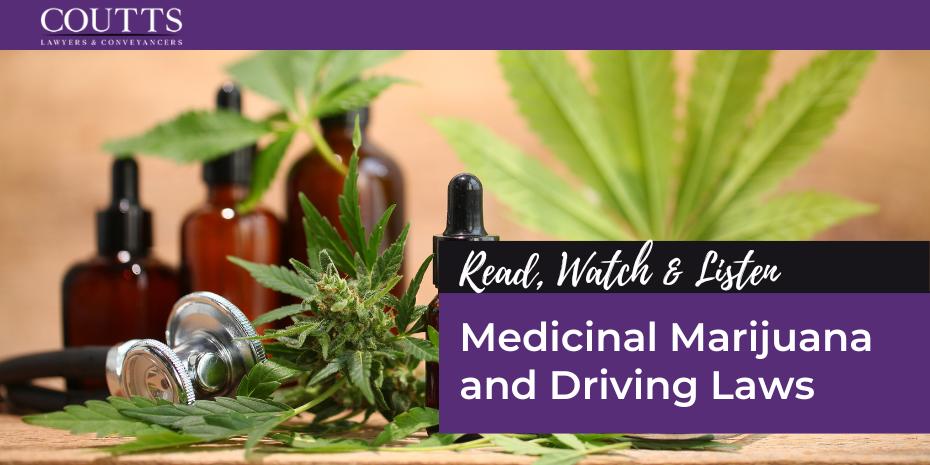KEY TAKE-OUTS
- You should always obtain legal advice before agreeing to any interview with Police.
- If asked for an interview with Police, you can exercise a ‘right to silence’ and refuse the interview, which will not be used against you.
- In refusing an interview, you will avoid making any inadvertent admissions to Police which may lead to a charge.
If you were involved in a criminal incident, the police may ask you to conduct an interview to gather information and evidence about the incident.
It is always important to know your rights and to obtain legal advice before participating in any police interview. However, the following contains a brief outline of what to expect and your rights in Police interviews.
What happens in the interview?
The interview will either be conducted formally or informally. The interview may be conducted informally by asking you questions and writing your answers in a notebook, which you may be asked to sign. It may also be formal, which means it will be electronically recorded and conducted in a special interview room at the Police station.
Why am I being interviewed?
The purpose of Police interviews is to gather evidence about a case that can then be used to prosecute those involved in the crime. However, Police will often present this as an “opportunity to provide your side of the story”.
What are my rights?
The legal consequences of providing a Police interview without first obtaining legal advice can be serious and for that reason, you have a right to refuse one. This is called your ‘right to silence’ and you may be asked by Police if you wish to exercise it. The right to silence is important to prevent inadvertent admissions from being made, which could lead to a charge.
You can tell Police at any stage that you do not want to be interviewed, including during an interview. This is part of your right to silence. The right to silence applies whether you are in custody or not.
It does not matter where the Police question you, whether on the street, at your house, or while you are under arrest or in custody, you are legally entitled to stay silent and refuse to answer questions. Refusal is not counted as evidence of uncooperativeness and can’t be used against you.
You do not have to be recorded saying anything. If you do not wish to be interviewed, you should tell the Police that you do not wish to go into the interview room. You are not required to go into the interview room if you have clearly told the Police that you don’t want to be interviewed.
Police may also ask you to go “on record” to electronically record your refusal to answer questions. You also have the right to refuse this recording as it can be classified as an interview.
However, you are required to provide your name, address and date of birth to any Police officer who requests such information for the purpose of identification.
What if I am asked to look at evidence such as photos or CCTV footage?
You should first get legal advice before identifying yourself in any evidence, photographs, or footage as this can have serious legal consequences. You are not required to identify yourself in any evidential material the Police present to you.
If Police show you a photo of yourself and ask if it is you, you may think there is no point in refusing to answer as it is so obvious. But confirming your identity to the Police in some situations can lead directly to a charge. It will become part of the evidence held against you and may place you at the location of the incident. It is, therefore, crucial once again to obtain legal advice before identifying yourself, even if you know it is you.
Will cooperating in an interview help me get bail?
You will still be able to obtain bail even if you refuse to be interviewed. Being cooperative in other regards may assist in getting bail, however cooperation in an interview will not. For example, if you are aware that Police are looking for you and you present yourself at the station, this is often regarded as a good reason to consider granting you bail because it shows that you are likely to attend court. As refusing an interview is part of your personal rights, it must not be held against you.
I am under 18 – what are my rights?
If you are under 18, the Police are required to ensure you get legal advice. They should assist you in calling the Legal Aid Youth Hotline, a free legal advice service for under 18’s, to speak to a specialist Legal Aid children’s solicitor.
You also have a right to have a support person with you when you are in custody, and the Police must not conduct an interview without a support person present.
The support person is a responsible adult who is independent of the case. This can be a lawyer or another adult who may be choosing if you are 14 years or older. If you are under 14, the Police will ask your parents or guardian to attend, unless your parents agree that another adult can replace them.
The support person will be there to speak for your rights, to make sure you understand the situation, and that you are treated fairly by the police.
A Case Study
In a recent case, Police spoke with a defendant and asked him to go to the station to assist them in their enquiries in relation to a domestic violence incident. The defendant stated that he had no idea what they were talking about, but the Police assured him that they only wanted to interview him so that he could tell them his side of the story. He agreed to the interview and when they outlined the incident in question, he explained to Police that this was not a domestic violence incident and he had only hit the complainant with a pillow during a pillow fight. As a result of this inadvertent admission, he was charged with assault occasioning actual bodily harm. Through the inadvertent admission, the Police had the evidence they needed to secure a conviction and any available defences were eliminated. However, through successful negotiations with police, Lara was able to have the charge downgraded to common assault and the defendant was sentenced to a Community Corrections Order to be of good behaviour for 12 months.
For further information please don’t hesitate to contact:
info@couttslegal.com.au
1300 268 887
Contact Coutts Lawyers & Conveyancers Today.
This blog is merely general and non-specific information on the subject matter and is not and should not be considered or relied on as legal advice. Coutts is not responsible for any cost, expense, loss or liability whatsoever to this blog, including all or any reliance on this blog or use or application of this blog by you.



